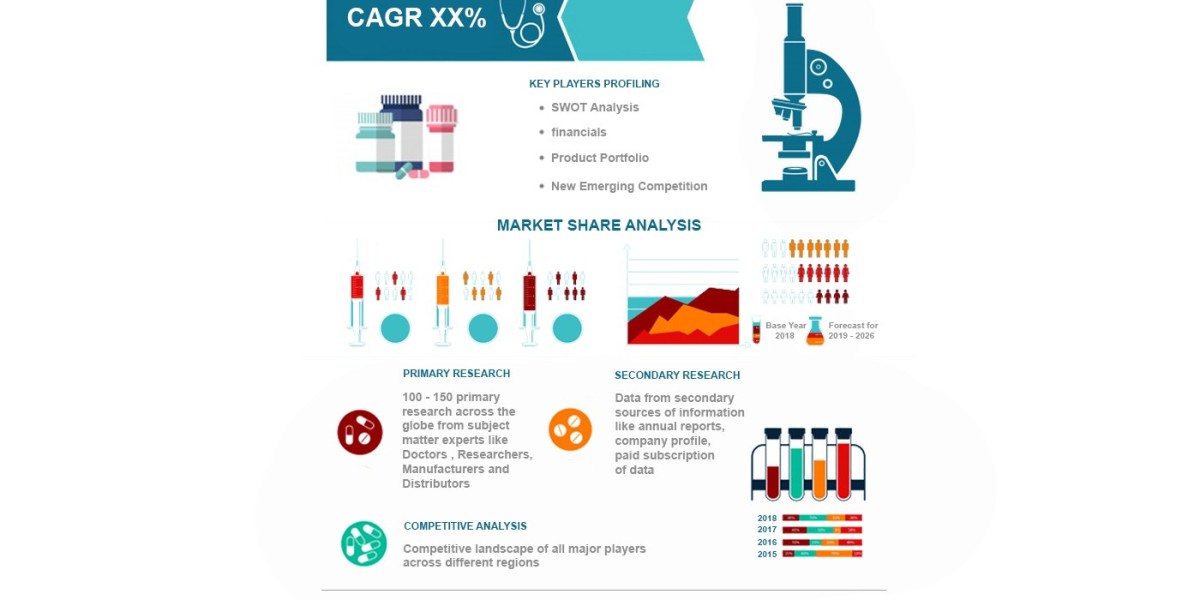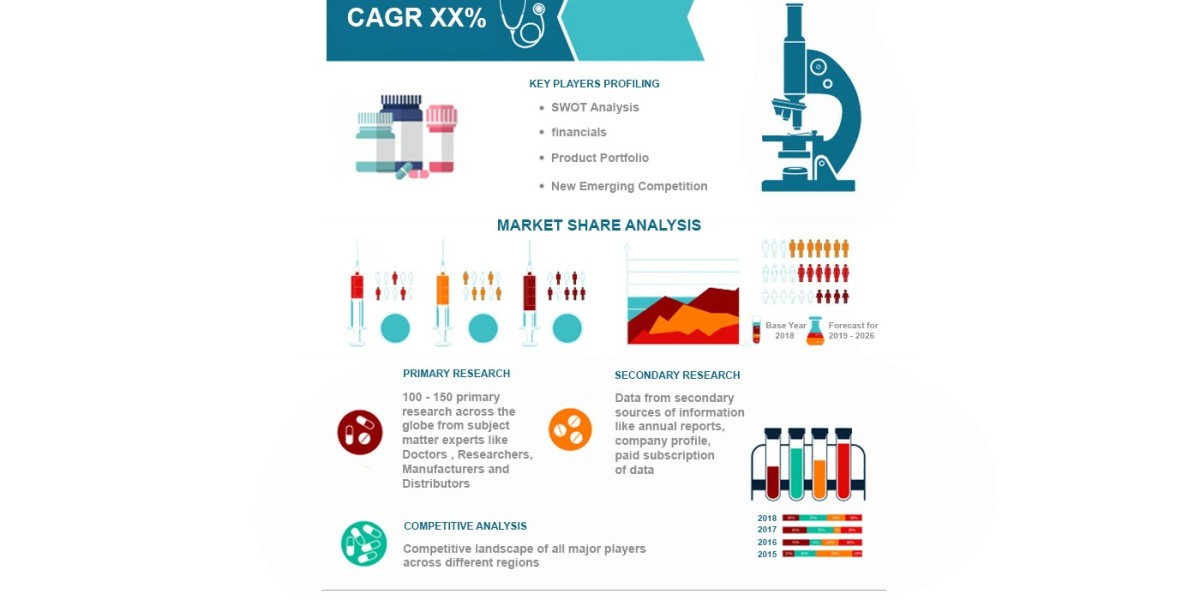PSMA Therapy involves the use of drugs that specifically target the PSMA protein present on the surface of prostate cancer cells. These therapies are designed to deliver cytotoxic agents directly to cancer cells, minimizing damage to healthy tissues. The PSMA Therapy Market encompasses a wide range of treatments, including monoclonal antibodies, small molecule inhibitors, and radiopharmaceuticals.
From innovative treatments to market dynamics, this analysis equips stakeholders with essential knowledge for strategic decision-making @ PSMA Therapy Market
Key Drivers of the PSMA Therapy Market
Several factors are driving the growth of the PSMA Therapy Market:
Rising Prevalence of Prostate Cancer: The increasing incidence of prostate cancer globally is a major driver for the demand for PSMA-targeted therapies. Early detection and effective treatment options are crucial for improving patient outcomes.
Advancements in Diagnostic Imaging: Innovations in imaging technologies, such as PET/CT scans, have improved the accuracy of detecting PSMA expression in prostate cancer cells. This has facilitated the development of more precise and effective therapies.
Growing Awareness and Adoption: Increased awareness among healthcare professionals and patients about the benefits of PSMA-targeted therapies has led to higher adoption rates. Clinical trials and real-world evidence continue to demonstrate the efficacy of these treatments.
The PSMA Drug Market: A Closer Look
The PSMA Drug Market includes a variety of therapeutic agents that target PSMA-expressing prostate cancer cells. These drugs can be broadly categorized into monoclonal antibodies, small molecule inhibitors, and radiopharmaceuticals.
Monoclonal Antibodies
Monoclonal antibodies are engineered to specifically bind to PSMA proteins on the surface of cancer cells. By attaching to PSMA, these antibodies can deliver cytotoxic agents directly to the cancer cells, leading to their destruction. Several monoclonal antibodies targeting PSMA are currently in clinical development, showing promising results in terms of efficacy and safety.
Delve into the forefront of oncological innovation with our comprehensive analysis. From pioneering companies to emerging therapies, seize investment opportunities in a market poised for substantial growth @ PSMA Drug Market
Small Molecule Inhibitors
Small molecule inhibitors are another class of drugs in the PSMA Drug Market. These molecules are designed to penetrate cancer cells and inhibit the function of PSMA, thereby preventing the growth and spread of cancer cells. Small molecule inhibitors have shown potential in preclinical and clinical studies, offering a new avenue for targeted therapy.
Radiopharmaceuticals
Radiopharmaceuticals are a unique category of drugs in the PSMA Therapy Market. These agents combine a PSMA-targeting molecule with a radioactive isotope. When administered to patients, radiopharmaceuticals deliver targeted radiation to PSMA-expressing cancer cells, effectively killing them while sparing surrounding healthy tissues. Radiopharmaceuticals have gained significant attention due to their ability to provide both diagnostic and therapeutic benefits.
Marketed Drugs in the PSMA Targeted Therapy Market
The PSMA Targeted Therapy Market has seen the approval and commercialization of several key drugs. These marketed drugs have demonstrated substantial clinical benefits, leading to their adoption in clinical practice.
Key Marketed Drugs
Lutetium-177 PSMA-617 (Lu-PSMA-617): Lu-PSMA-617 is a radioligand therapy that has shown remarkable efficacy in treating metastatic castration-resistant prostate cancer (mCRPC). Clinical trials have demonstrated significant improvements in progression-free survival and overall survival, making it a promising option for patients with advanced prostate cancer.
PSMA-Targeted Antibody Drug Conjugates (ADCs): ADCs are designed to deliver cytotoxic drugs directly to PSMA-expressing cancer cells. These drugs have shown potential in clinical trials, offering a targeted approach to treating prostate cancer with reduced side effects compared to traditional chemotherapy.
Small Molecule Inhibitors: Various small molecule inhibitors targeting PSMA are in development, with some already approved for clinical use. These inhibitors have shown promise in preclinical and clinical studies, providing new treatment options for patients with prostate cancer.
Understand how these treatments redefine patient care and explore opportunities to integrate cutting-edge solutions into clinical practice @ PSMA Marketed Drugs
Future Prospects and Market Dynamics
The PSMA Therapy Market is expected to experience robust growth in the coming years, driven by ongoing research and development efforts, increasing investments, and rising demand for targeted therapies. Several factors contribute to the positive market outlook:
Pipeline of Promising Candidates: The pipeline for PSMA-targeted therapies is rich with promising candidates, including novel monoclonal antibodies, small molecule inhibitors, and radiopharmaceuticals. These candidates are in various stages of clinical development, with several expected to receive regulatory approvals in the near future.
Collaborations and Partnerships: Collaborations between pharmaceutical companies, academic institutions, and research organizations are fostering innovation in the PSMA Therapy Market. Partnerships are facilitating the development of novel therapies and accelerating their commercialization.
Increasing Clinical Trials: The number of clinical trials evaluating PSMA-targeted therapies is on the rise. These trials are essential for generating robust clinical data and demonstrating the efficacy and safety of new treatments. Positive trial outcomes are expected to drive market growth.
Regulatory Support: Regulatory agencies, such as the FDA and EMA, are providing support for the development and approval of PSMA-targeted therapies. Fast-track designations, breakthrough therapy designations, and priority review processes are expediting the regulatory pathway for innovative treatments.
Challenges and Considerations
Despite the promising growth prospects, the PSMA Therapy Market faces several challenges and considerations:
Cost and Accessibility: The high cost of PSMA-targeted therapies can limit their accessibility to patients. Ensuring affordability and access to these treatments is crucial for maximizing their impact on patient outcomes.
Side Effects and Safety: While PSMA-targeted therapies offer a targeted approach, they are not without side effects. Managing and mitigating adverse events is essential to ensure patient safety and treatment efficacy.
Regulatory Hurdles: Navigating the regulatory landscape for novel therapies can be complex. Ensuring compliance with regulatory requirements and obtaining timely approvals are critical for market success.
Position your organization to capitalize on evolving treatment paradigms and patient needs @ PSMA Targetted Therapy Market
Conclusion
The PSMA Therapy Market is poised for significant growth, driven by the increasing prevalence of prostate cancer, advancements in diagnostic imaging, and the development of innovative targeted therapies. The PSMA Drug Market includes a diverse range of therapeutic agents, from monoclonal antibodies to radiopharmaceuticals, offering new hope for patients with prostate cancer. With a robust pipeline of promising candidates, supportive regulatory environments, and growing collaborations, the future of the PSMA Targeted Therapy Market looks promising. However, addressing challenges related to cost, accessibility, and safety will be crucial for realizing the full potential of PSMA-targeted therapies in improving patient outcomes.
List of important reports
Bullous Pemphigoid Market | Congenital Myasthenic Syndromes Market | Cryopyrin-associated Periodic Syndrome Market | Glycogen Storage Disease Market | Inflammatory Breast Cancer Market | Lag-3-next Generation Immunotherapy Market | Metastatic Colorectal Cancer Market | Secondary Hyperparathyroidism Market | Dermatomyositis Market | Tenosynovial Giant Cell Tumors Market









